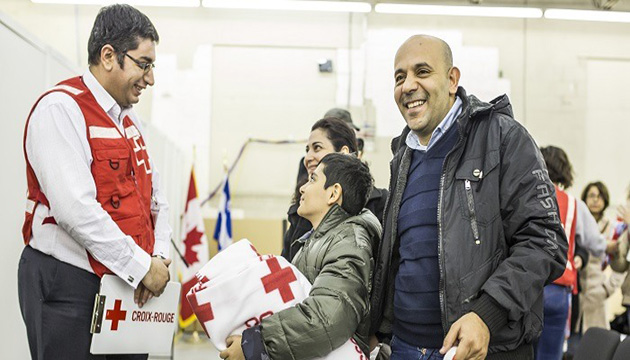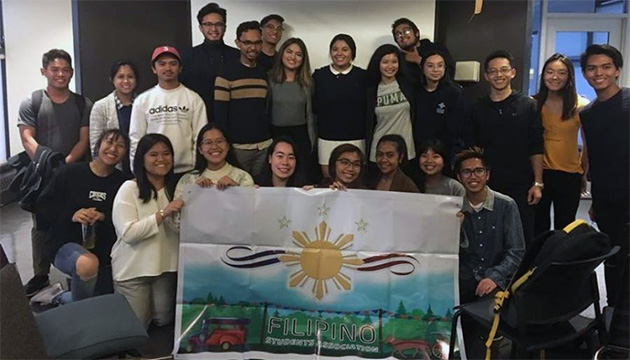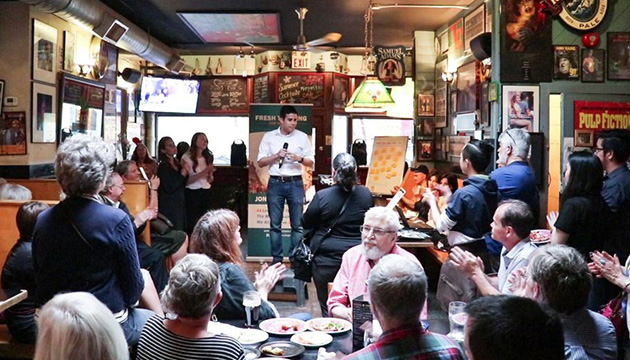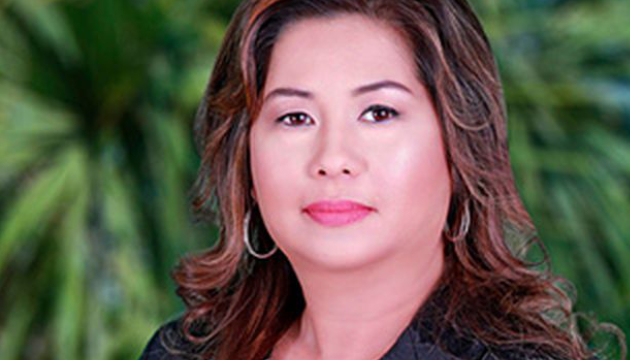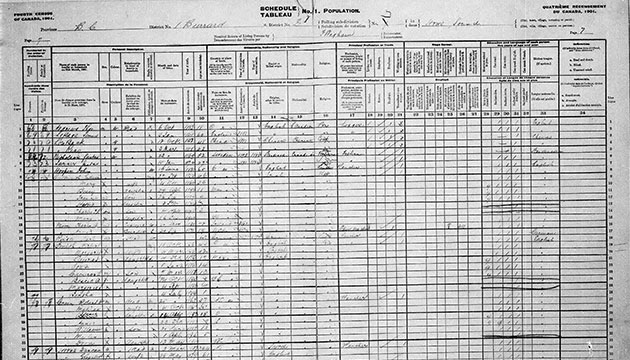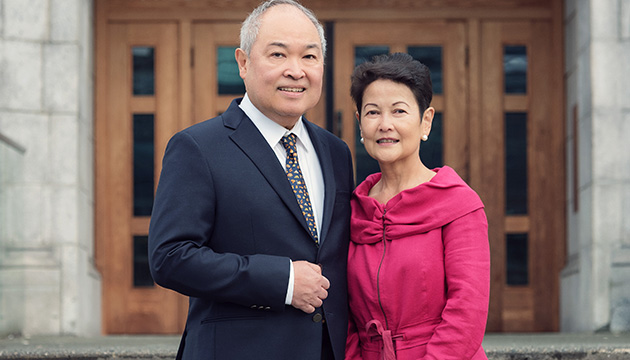Facts about Canada’s doors opening to refugees from strife-torn countries like Syria invite a spectrum of reactions.
The "yessers" know that Canada’s membership in the United Nations and its political and fiscal capabilities to accommodate refugees facilitated its hosting of more than 40,000 Syrians as of 2017. Too, the country’s size of 9.9 square kilometers can be a haven for war survivors and displaced people; its vastness from coast to coast becomes an avenue for healing. Canada commences the peace act as it encourages private individuals and communities to sponsor a refugee.
Canada’s open door, however, comes into question especially with the rising number of homeless seniors, non-seniors, and the displaced; non-affordability of university education among new immigrants; continuing underemployment or unemployment of highly-skilled immigrants; and the volatility of the global economy.
The country’s resources like oil and gas have, of late, been the subject of debate on international trade relations. It is ironic that Canada’s door remains open to the UN principle of solving cultural, economic, humanitarian, and social problems when it cannot thresh issues at the homefront. How does Canada’s conformity to the UN goal play out in its internal affairs?
Among our "naysayers" count Albertans based in Edmonton.
One says that for the Trudeau government to grant $2000 a month to every refugee family for as long as two years denies citizens the fruits of their taxes. “I cannot imagine that I am funding this refugee program when Canada cannot even create jobs for its citizens,” this longtime citizen says.
Another says that among those claiming refugee status, there are educated ones who game the system, apply for monthly claims rather than apply for jobs, and desire free housing when many Canadians of Asian origin have been working two to three jobs to pay for their home mortgages or rent. If one sees housing-refugee applicants with good physique, visibly able to work, and their own vehicles to drive, one cannot help but be upset and feel unjustly treated.
What another Albertan cannot take is the status of refugees as permanent residents in a relatively short period of waiting. This is contrary to the case of a number of Filipino-Canadians who spend so many years of working as caregivers and getting paid a pittance before they are allowed to apply for PR status. Their application does not guarantee that they will get approved.
Canada’s open door to refugees brings to the fore a mixed case of humanitarian and peacekeeping mission, and unjust immigration and citizenship policies. It is high time for a policy recast.


